If maintaining a heart-healthy lifestyle is important to you, pay attention. As the holiday season rolls in, it's crucial to be mindful of your dietary choices. Though surrounded by tempting holiday treats, it's vital to keep your health journey on track with wise food decisions. To help, Eat This, Not That! offers insights into typical holiday foods a cardiologist avoids at all costs, along with healthier alternatives they choose instead.
Here's a list of five holiday foods that a cardiologist usually avoids:
Elizabeth Klodas, a renowned board-certified cardiologist, author, speaker, and the founder of both the Preventative Cardiology Clinic near Minneapolis, Minnesota, and Step One Foods, reveals five common holiday foods she avoids. Before attending your next holiday gathering, consider reviewing this list. It's beneficial for your heart health and general well-being during the festive season and beyond!
1) Holiday Cookies

That's correct—resist reaching for the cookie jar. Generally, it's prudent to either avoid sweets or consume them in moderation. It's often best to stop eating once you're full after a meal, despite how tempting desserts may be.
Dr. Klodas advises, "Carrying extra weight increases the risk of various health issues, from diabetes to sleep apnea, and it's a significant risk factor for heart disease. Consider that a single cookie has about 100 calories. To burn off those calories, you'd need to walk approximately a mile."
2) Eggnog
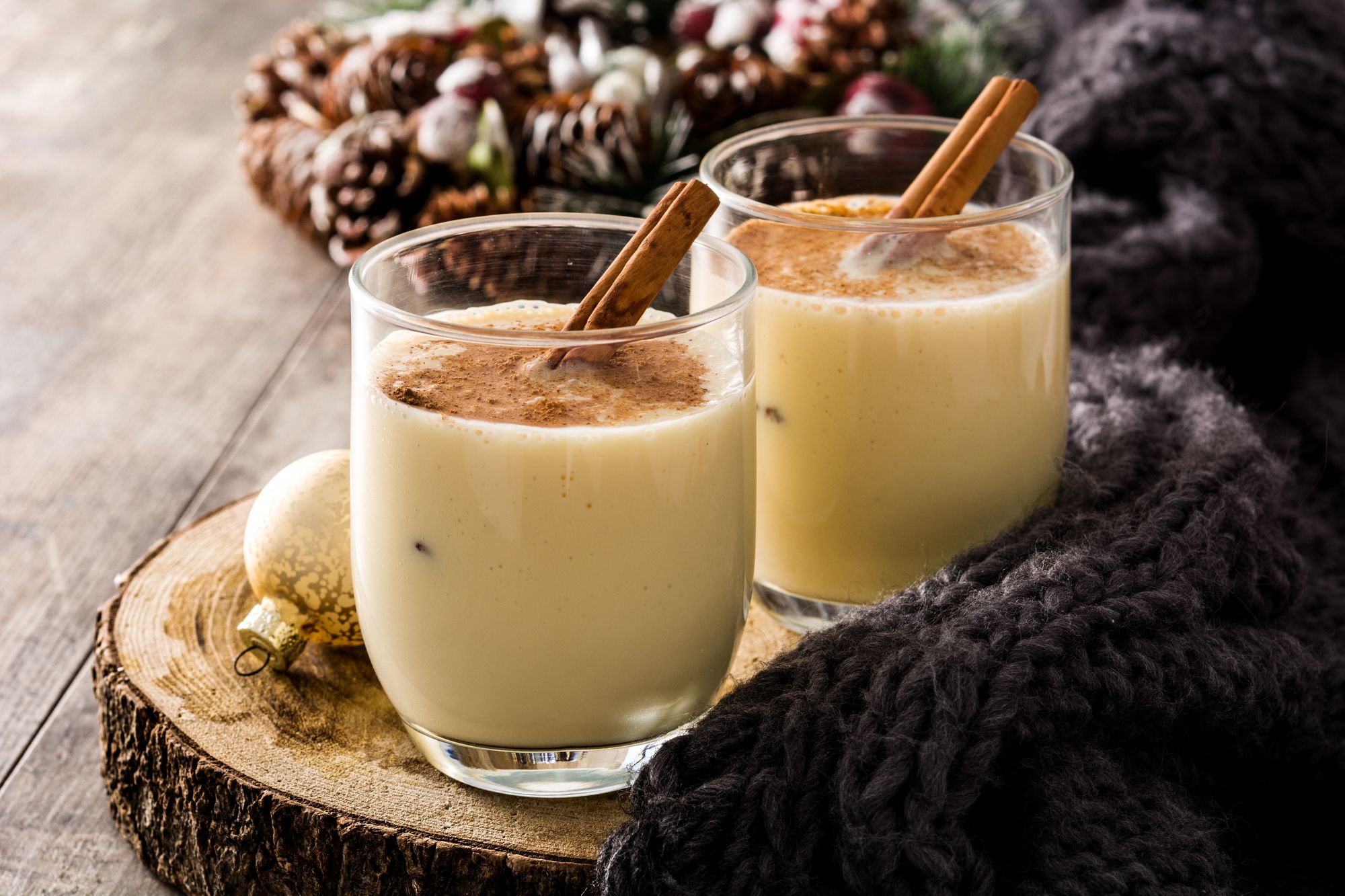
This is a popular drink that many relish throughout the holiday season. However, it's important to be cautious, as this beverage is high in calories and loaded with cholesterol, saturated fat, and added sugars. Dr. Klodas points out, "In terms of heart health and managing cholesterol, this is arguably one of the worst choices you could make."
3) Mixed Drinks

Don't feel let down - it's predictable advice. Skip the gingerbread martinis and cranberry Aperol spritzes. It's wise to reduce alcohol consumption throughout the year.
Dr. Klodas advises avoiding mixed drinks in particular, as they often contain extra calories and sugars, amplifying the adverse cardiovascular impacts of alcohol. These include an elevated risk of heart rhythm issues, deteriorating cholesterol levels, and increased blood pressure.
4) Rolls/Bread
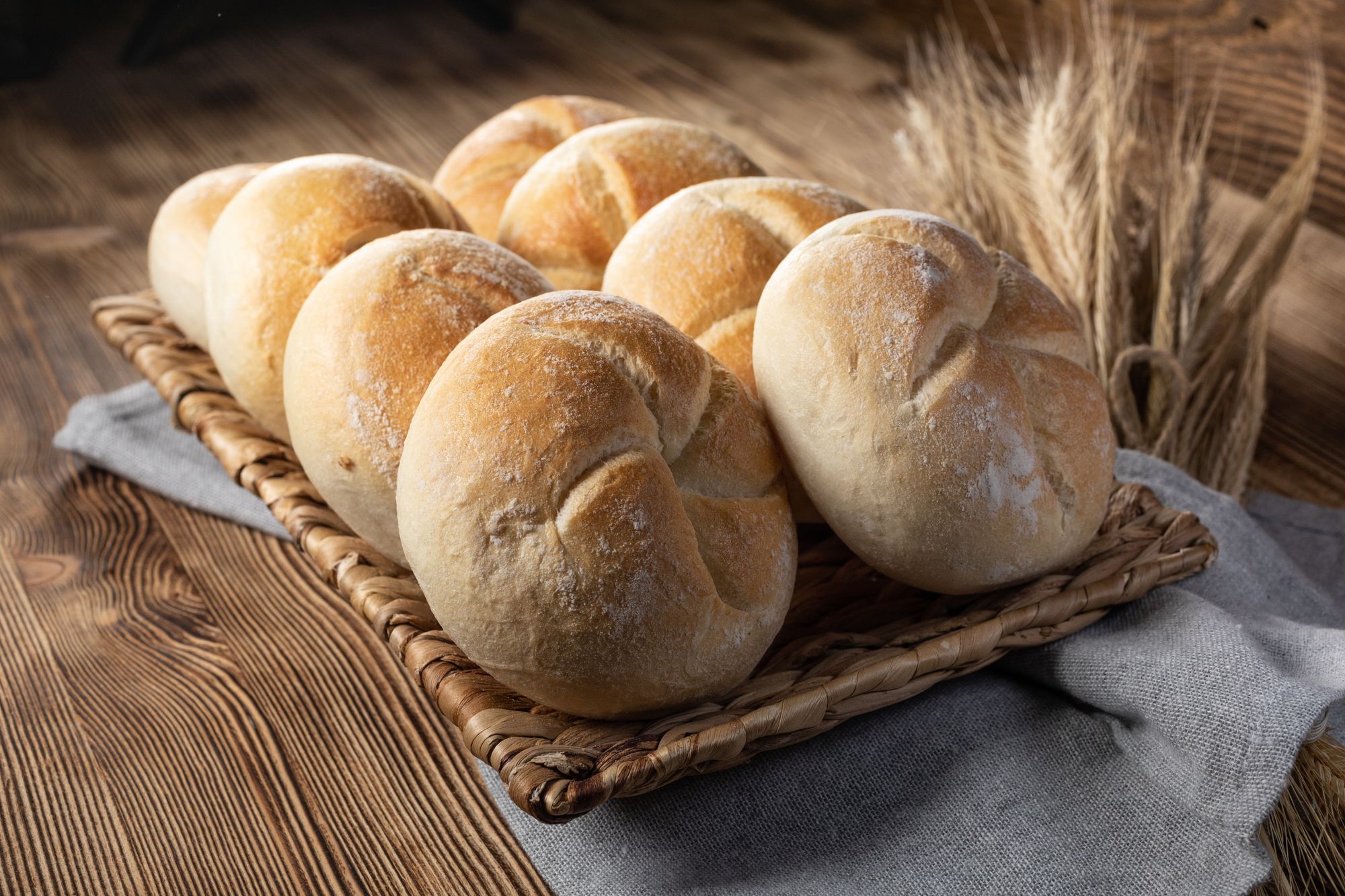
Truth be told, there's a universal affection for dinner rolls, particularly when lavishly topped with butter. However, it might be wise to pass on the bread and rolls during your next holiday meal. They often come packed with empty calories, sodium, and other less desirable elements. Dr. Klodas points out that baked goods are a leading source of sodium in American diets, and too much sodium can lead to increased blood pressure.
5) Pre-Dinner Snacks
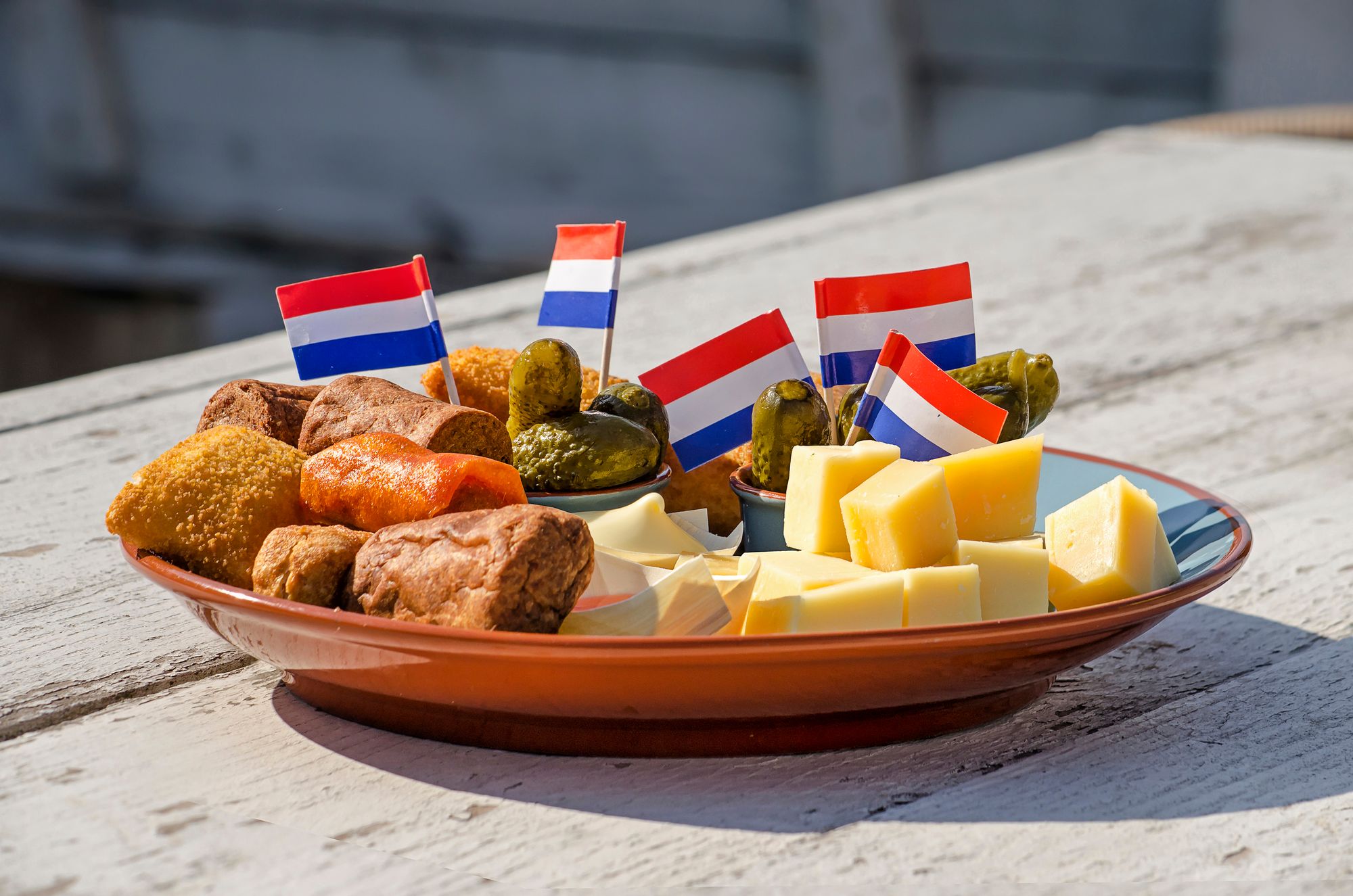
The holiday season often brings the temptation of pre-meal snacking and indulging in festive appetizers, usually accompanied by cocktails. Dr. Klodas acknowledges that avoiding these can be challenging, as many arrive at holiday gatherings hungry and eager to eat.
"Snacks served before dinner are usually high in calories but low in nutrients," Dr. Klodas notes. "Avoiding these helps you reserve your calorie, sodium, and fat intake for foods that offer more nutritional value." Therefore, consider skipping the tempting baked brie and other appetizers, saving your appetite for the main meal.
Instead, Here are Some Holiday-Friendly Foods That a Cardiologist Enjoys:
1) Citrus Fruit
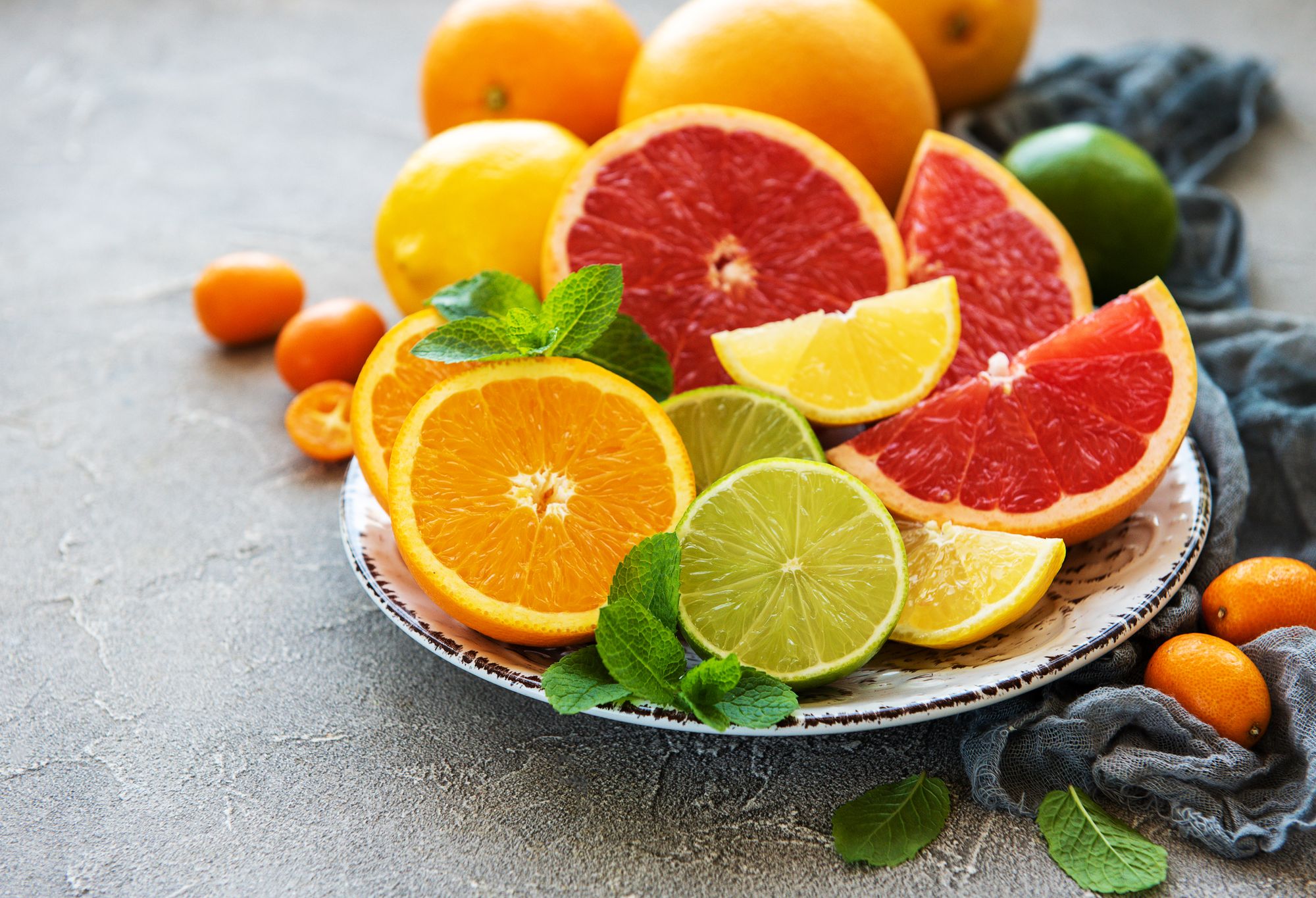
Your cheese board might traditionally feature crackers and favorite cheese spreads, but why not add citrus fruits and nuts? Dr. Klodas suggests embracing the season: "Winter is the prime time for citrus fruits, making them particularly tasty during the holidays. I often choose navel oranges, clementines, and tangerines as my preferred snacks. They're not only delicious but also provide a valuable vitamin C boost, which is beneficial in the colder months."
2) Holiday Dinner (with some tweaks)
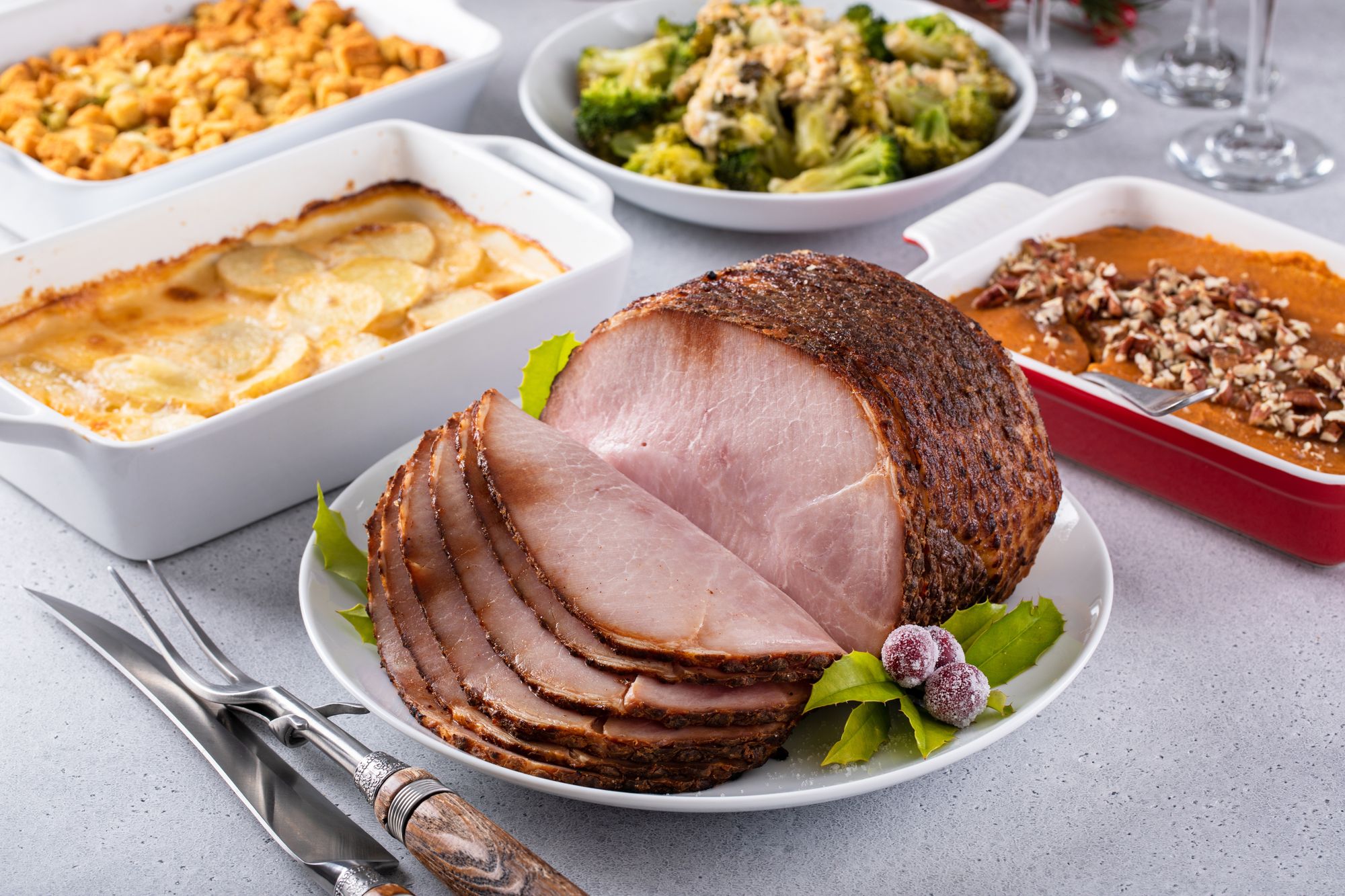
It's the holiday season, and it's not every day you get to indulge like this. There will be plenty of suitable options at the holiday dinner.
Dr. Klodas explains her approach: "I steer clear of mixed drinks, eggnog, rolls, pre-dinner snacks, and excess cookies, but I do partake in the traditional foods of my family's Christmas celebration. This includes roast beef, a variety of vegetable sides, and a selection of desserts. My strategy is to focus more on the vegetables than the roast beef, and instead of a full portion of each dessert, I opt for a half or even a quarter serving. This allows me to enjoy everything without overeating."
The key is to maintain balance and portion control. And if you do overindulge, remember that you can resume your regular healthy diet the next day. Dr. Klodas reassures, "An occasional extravagant meal isn't likely to have significant long-term effects, particularly if you're eating well for the rest of the year."

